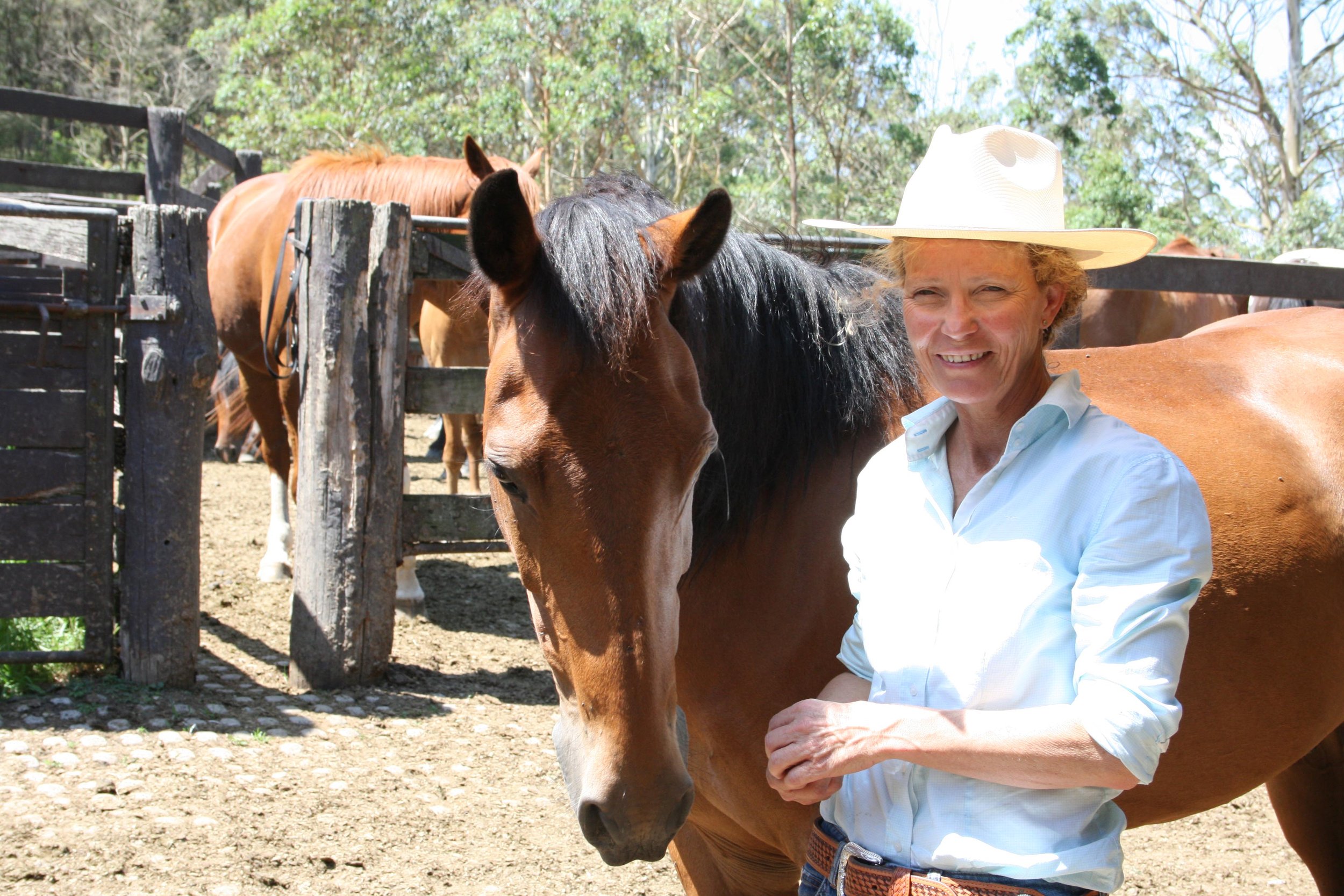











Dr Jennifer Stewart
BVSc BSc PhD Dip BEP MRCVS
Equine Veterinarian and Consultant Nutritionist - CEO
After obtaining a degree in veterinary science and PhD, Dr Jen Stewart spent 40 years as an equine veterinarian, including 10 years as the equine nutritionist with Mitavite.
During this time, Jen started developing premium formulas for studs, trainers and feed companies in Australia and around the world. She regularly consults to leading International studs and trainers - as well as owners and riders from all equestrian disciplines - in New Zealand, Australia, South Africa, Japan and India. Jen has dedicated significant time to researching and managing the nutritional aspects of various equine conditions, including developmental orthopedic diseases, colic, tying-up, laminitis, performance issues, post-surgery recovery, and rehabilitation.
Drawing on her extensive experience and commitment to integrating science into equine nutrition, she founded Jenquine, offering the best evidence-based nutrition, supported by veterinary and scientific research.
Jenquine offers quality products formulated and produced in Australia in audited, APVMA licensed and ISO-compliant facilities, and veterinary clinical diet-analysis, incorporating the latest research and guidelines to cater to horses with various health conditions.




Listen up. Dr Stewart on the
Equestrian Hub Podcast
HOOFBEATS - Healing of our Families by Equine Assisted Therapeutic Services
Since 2019, the Sanctuary has provided a safe, supportive, and non-judgmental space for individuals facing mental health challenges due to trauma. Their trauma-informed therapy programs, led by experienced practitioners, are offered free of charge or with partial scholarships to ensure affordability. Hoofbeats believes mental health support should be accessible to everyone, not just those who can afford it. As the only organisation in Australia offering free equine therapy, Hoofbeats is committed to helping individuals heal, grow, and flourish.
Jenquine is a proud supporter of Hoofbeats Sanctuary
Jenquine proudly recommends:
